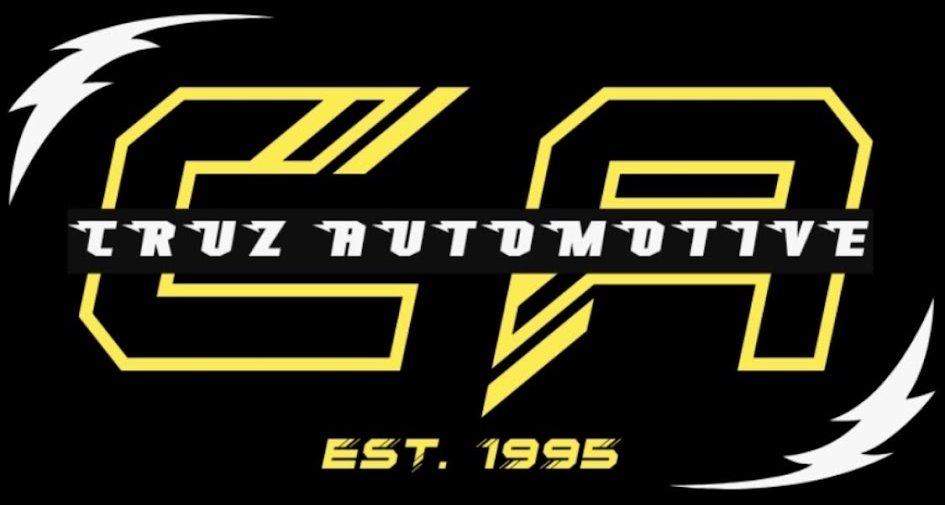Electric vehicles, or EVs, are becoming more common on roads every year. You might have seen them quietly zooming past, with no engine roar, just a soft hum. Their rise is exciting for drivers, but it also has a huge impact on auto repair shops. Traditional car repairs are changing, and auto shops in Holland need to adapt to stay ahead. This guide explains what EVs mean for mechanics, how repairs differ, and why staying updated is essential for the future of auto repair.
Understanding Electric Vehicles
EVs are powered by electricity rather than gasoline. They use large batteries and electric motors instead of engines with multiple moving parts. This makes them quieter, cleaner, and simpler in some ways. But while EVs have fewer parts that wear out, other components like batteries, electric drive systems, and regenerative braking require specialized care. Auto repair shops in Holland are noticing a growing need to handle these unique systems. Knowing how an EV operates is crucial for mechanics because traditional techniques might not apply, and safety precautions around high-voltage systems are necessary.
How EVs Change Traditional Car Repairs
With EVs, common repairs like oil changes, exhaust work, or fuel system fixes are largely unnecessary. This shifts the focus to other areas. Mechanics now need skills in battery diagnostics, electric motor maintenance, and software updates. Brake systems are different because regenerative braking reduces wear on pads and rotors. Cooling systems are more advanced too, as batteries need precise temperature control. Learning how EVs change traditional car repairs allows auto repair shops in Holland to offer services that were not required before, helping them serve a new generation of vehicles efficiently.
Challenges for Auto Repair Shops in Holland
Adapting to EVs comes with challenges. Training is required for technicians to safely work with high-voltage batteries. Special tools and diagnostic software are necessary. Also, many auto repair shops in Holland face questions about insurance, warranty, and liability when working on EVs. Battery replacements can be expensive, and proper disposal is essential for safety and environmental reasons.
Despite these challenges, shops that invest in knowledge and equipment can gain an edge. EV owners will need reliable maintenance and repair services, so local shops have a chance to become trusted providers in a growing market.
Preparing for the Future of EV Auto Repair
To thrive in the age of electric vehicles, auto repair shops in Holland should embrace training and technology upgrades. Technicians can learn to work with electric drive systems, battery diagnostics, and specialized cooling components. Shop owners might invest in charging stations or software updates for customer EVs.
Communication with customers about maintenance schedules, potential battery issues, and safety tips becomes even more important. Shops that evolve now will be ready for the future of EV auto repair, offering safe, professional, and up-to-date service for electric vehicle owners in the area.
Key Takeaway
The rise of EVs is transforming the auto repair industry. Fewer engine-related repairs mean mechanics must adapt to focus on electric systems, batteries, and new diagnostics. Auto repair shops in Holland that embrace this shift can serve their communities effectively and safely. Staying informed about how EVs change traditional car repairs is key for long-term success.
The End Note!
Cruz Automotive is committed to evolving with the automotive world. By training technicians on electric vehicle systems and investing in advanced tools, Cruz Automotive ensures that both traditional and electric vehicle owners receive professional, reliable, and expert service. The future of EV auto repair is here, and Cruz Automotive is ready to lead the way.
